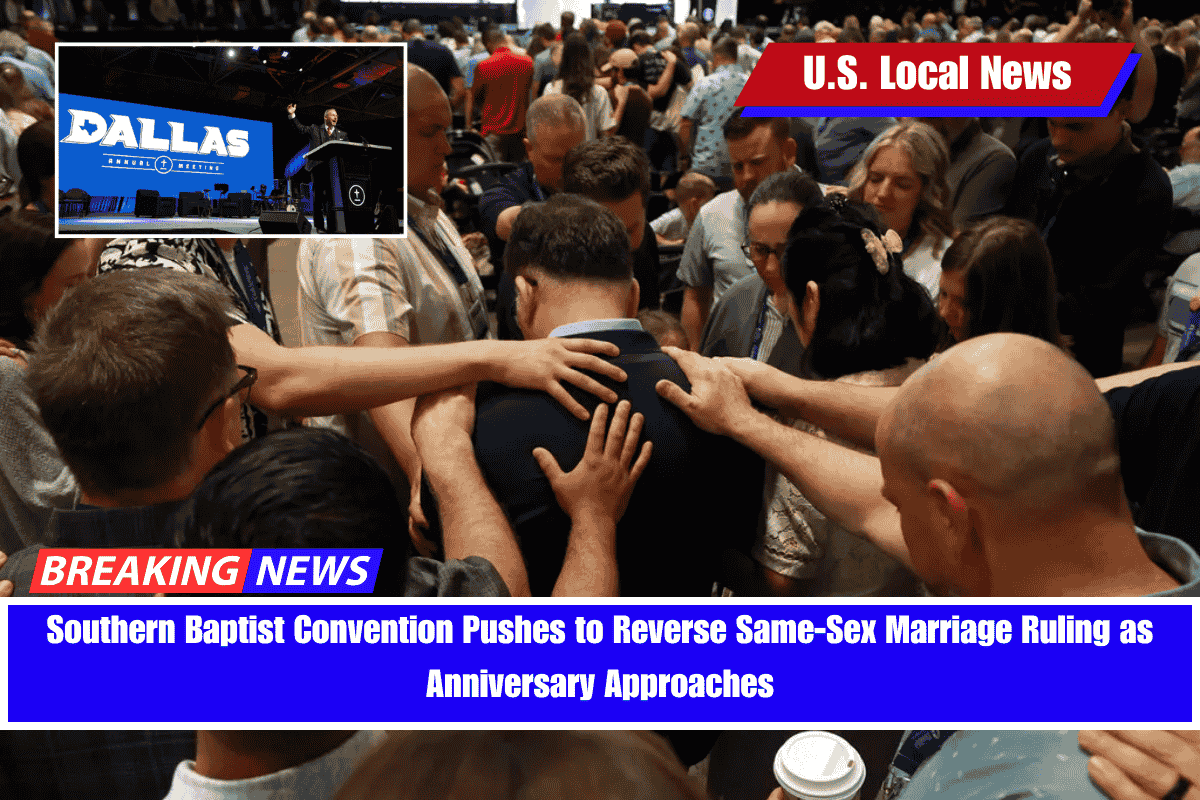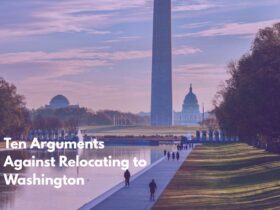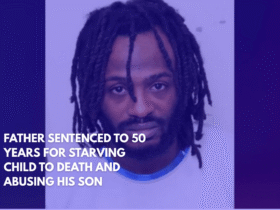In a bold move, the Southern Baptist Convention (SBC) passed a resolution on June 10 advocating for a concerted effort to reverse the U.S. Supreme Court’s historic 2015 decision in Obergefell v. Hodges, which legalized same-sex marriage nationwide.
This vote marks a significant step as the landmark decision nears its 10-year anniversary, signaling the SBC’s continued commitment to a conservative stance on issues of marriage, gender, and sexuality.
A Firm Stance on Gender, Marriage, and Family
The resolution, which reflects the SBC’s growing rightward shift on social issues, underscores the denomination’s desire to challenge the Obergefell ruling and aligns with broader efforts to influence American jurisprudence, especially after the success of overturning Roe v. Wade.
The resolution reiterates the SBC’s position that marriage is defined as between one man and one woman and insists that there are only two genders—male and female. It also affirms that families are designed for procreation and stresses the sanctity of human life “from conception to natural death.”
The measure goes beyond opposing same-sex marriage, calling out what it sees as broader societal shifts. It criticizes the redefinition of marriage, childlessness, the rejection of biological differences between men and women, and the rise of gender confusion.
Additionally, the SBC’s resolution opposes commercial surrogacy, transgender ideologies, and policies that it deems “falsehoods” about sex and gender, demanding that such policies be permanently defunded, including organizations like Planned Parenthood.
The Resolution’s Impact and Broader Context
This resolution is part of a continued effort by the SBC to assert traditional Christian values in a rapidly changing society. While the resolution itself is non-binding, it signals the denomination’s firm opposition to the rights of LGBTQ+ individuals, particularly regarding marriage equality.
The SBC’s formal rejection of Obergefell could galvanize conservative Christian groups, much like the political momentum that led to the overturning of Roe v. Wade.
Last year, the SBC narrowly voted down a constitutional amendment to ban female pastors, signaling tension within the convention on gender roles in ministry.
The denomination has already disfellowshipped seven churches, including the well-known Saddleback Church, for embracing egalitarian views on women in ministry.
This rejection of broader gender inclusivity aligns with the SBC’s complementarian view, which asserts distinct and separate roles for men and women.
Conservative Momentum and Christian Political Activism
The political context surrounding the SBC’s resolution reflects a broader strategy among conservative Christians to shift American legal and social frameworks.
With the Supreme Court’s rightward swing and the election of President Donald Trump, many in the SBC and other conservative Christian groups see this as a critical moment to influence the nation’s laws, particularly in areas like marriage and abortion.
Chad Connelly, a prominent Christian political activist, echoed this sentiment, saying, “It’s time for us to take back our nation. I believe we’ve been given an opportunity and the time is now.” His comments reflect a growing sense of urgency among evangelical Christians to reshape public policy according to their interpretations of biblical values.
Denny Burk and the Nashville Statement Legacy
The language in the SBC resolution was proposed by Denny Burk, a leading voice in the SBC and the president of the Council for Biblical Manhood and Womanhood, which has played a pivotal role in creating influential statements like the Danvers Statement (1987) and the Nashville Statement (2017).
These documents outline evangelical opposition to LGBTQ+ rights and assert that homosexuality and transgenderism are incompatible with Christian teachings.
Burk’s resolution is seen as a stronger reiteration of the Nashville Statement, which declared that approval of homosexual behavior and transgenderism is sinful and constitutes a departure from Christian faithfulness.
This latest SBC resolution builds on those ideas, particularly challenging the legal protections for LGBTQ+ individuals afforded by Obergefell, aiming to shift both public opinion and legal precedents on LGBTQ+ rights.











Leave a Reply